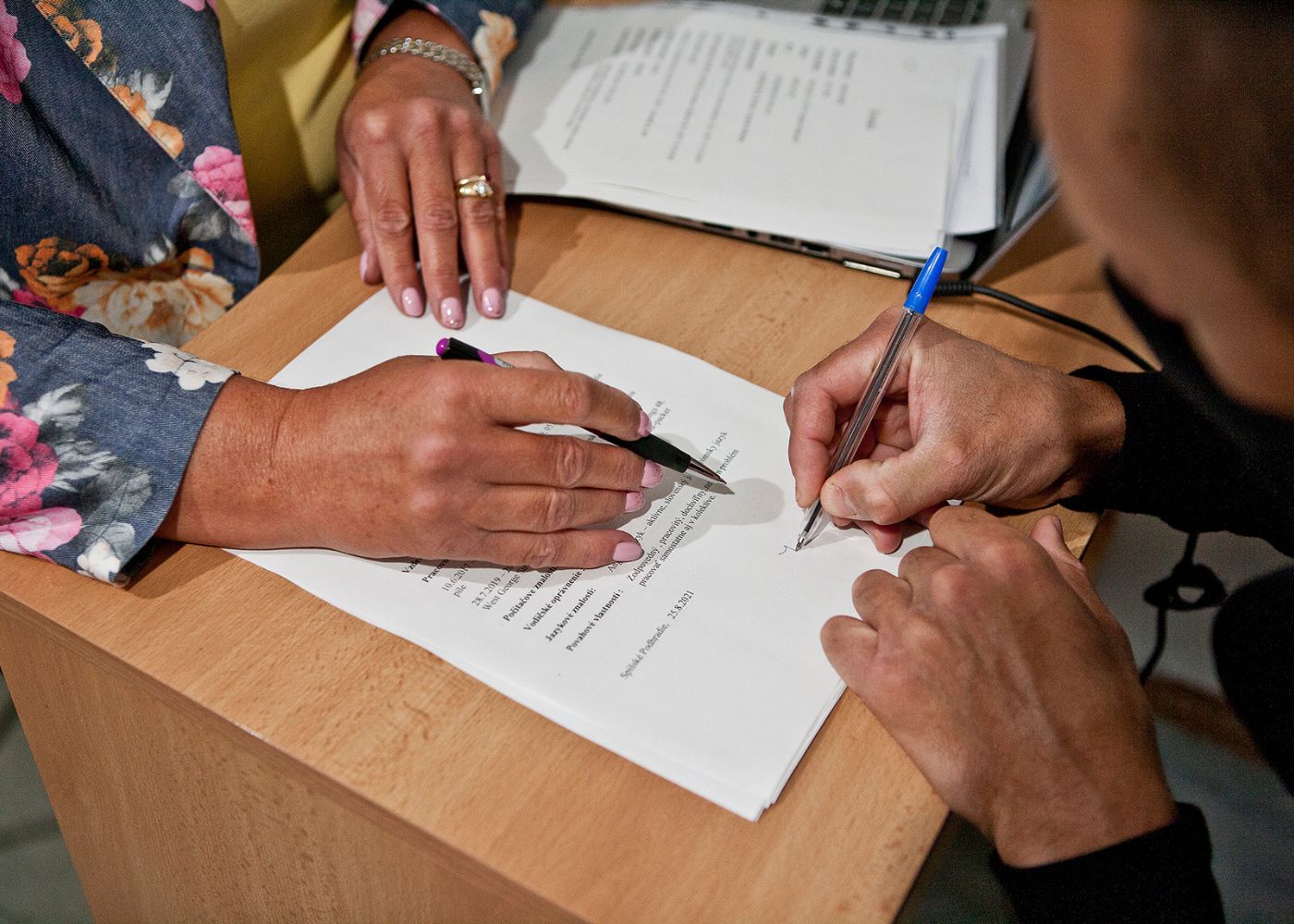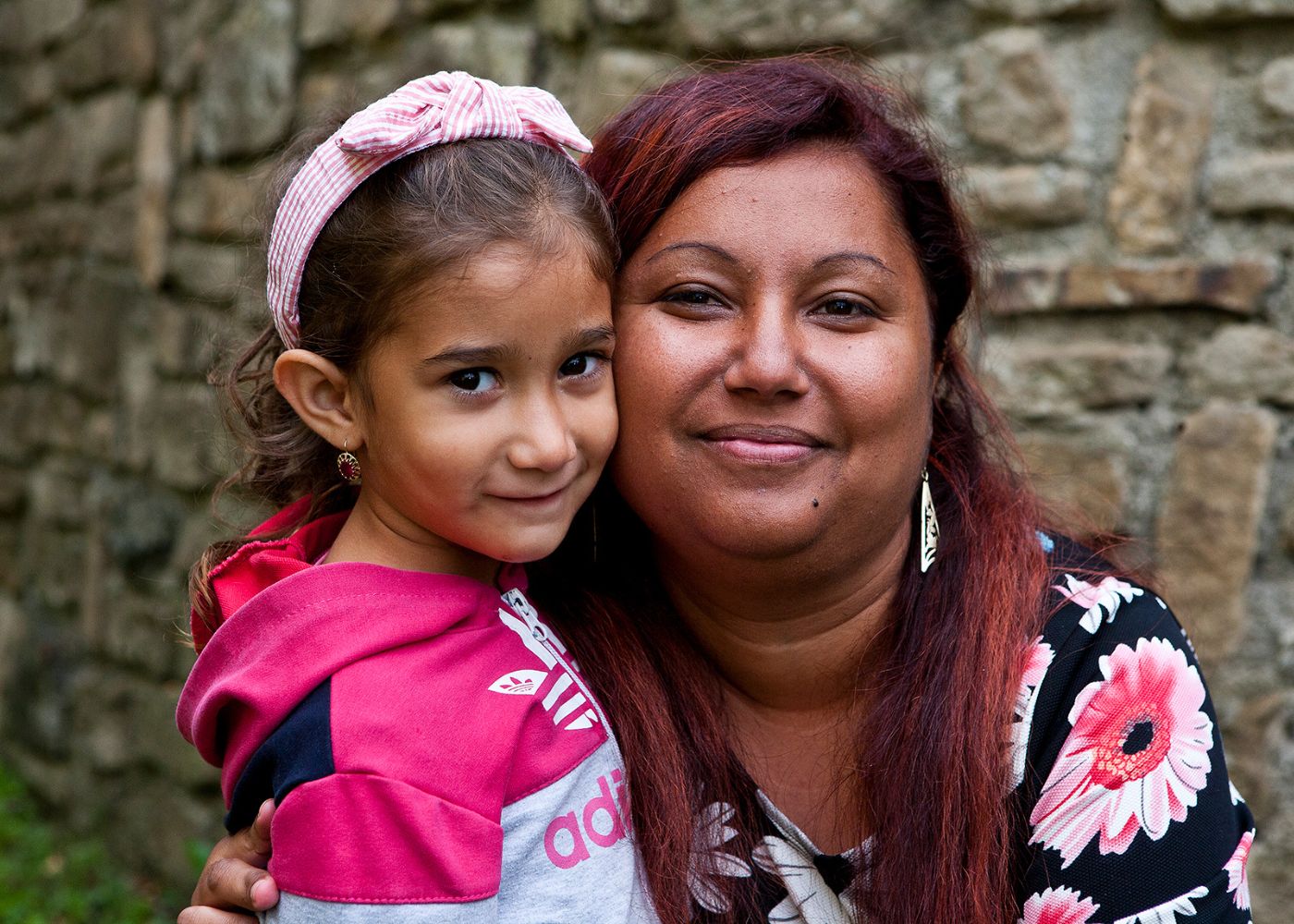We support Roma women who live in generational poverty. What will equality bring them?
In Slovakia, we help people who live in social exclusion. Thanks to financial, social or work counseling and trips outside the community, they gain greater self-confidence and with it a chance for a better life. However, generational poverty brings with it another burden that falls specifically on women. We talked about why it is necessary to support women’s equality in this environment as well with Monika Bosa from the EsFem association and Janka Urban and Edita Kovář from the Vyrovnávanie šancí association, who collaborate with us on the Gender Equality for Roma Communities project.
Women are often unable to draw on female friendships, to create a female group line, because it is broken by too many dividing lines. Janka Urban, Vyrovnávanie šancí associationE.K.: Women from excluded Roma communities are at a disadvantage, because they do not know what gender equality is, that they could want something in this area, and these are big changes for them. We try to show them what it is, so that they realize what possibilities they have and that they could live a little differently than the usual stereotypes. What complicates the situation of Roma women in excluded communities? J.U.: Dividing lines often run through communities, either by individual families or geographically, the upper and lower parts of the settlement are separated and there is some long-term tension, or the Olaš and Slovak Roma are separated. Women are somehow subject to these lines and cannot draw on female friendships, create a female group line, a group of friends who support each other, because it is broken by too many such lines. E.K.: Generational poverty is inherited and women are used to living in those patterns. Even if a person offers them another option, most of them do not take it, they take it as their lot: I am a Roma woman and I live in such a family, we have such rules. It is very difficult to disrupt the hierarchy they have. But there are of course cases when it works.












